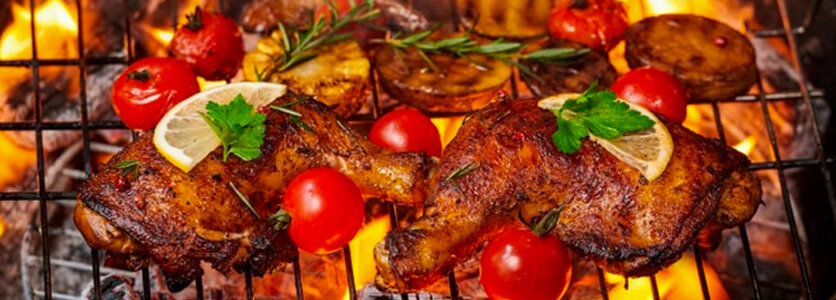The word “cancer” strikes fear in all of us. When we hear of a loved one or friend being diagnosed with the disease, we often wonder about their diet and whether there’s a link.
While the reality is that cancer can affect anyone, there are many who believe certain foods cause cancer or increase the risk of getting the disease. While some of these beliefs may be true, others are not backed by science.
Instant noodles
Among the most vilified foods are instant noodles, a staple in many Malaysian households. But does consuming instant noodles on a regular basis raise one’s cancer risk?
Columbia Asia dietitian Kong Woan Fei says there are more than 20 types of food additives in a bowl of instant noodles to make it chewy, cook quickly, and be flavourful. This does not yet include the chemical flavour enhancers, colourants and seasoning agents that come with instant noodles.
Kong explains that although epidemiological evidence in humans is still lacking in terms of linking these food additives as carcinogenic, it is certainly not worth consuming so many chemicals for the sake of convenience.
Soy-based products
Soy products have also been frequently associated with an increased risk of reproductive cancers in females.
Kong says, in fact, soy is recommended for cancer prevention.
Phytoestrogen chemicals (isoflavones, saponins, phytates, phytosterols and protease inhibitors) that are found in soy can decrease the risk of breast, colon, prostate and endometrial cancers.
BBQ food
Oily foods that have been cooked at high temperatures through methods such as roasting or grilling will produce polycyclic aromatic hydrocarbons (PAH), explains Kong.
“Many factors will affect PAH levels in food such as cooking methods, smoking temperature, fat content in the food or the cooking surface, but PAH is carcinogenic and can cause cancer.”
Long term exposure in large amounts brings great risks to consumers, she says, but adds that we can reduce these risks by preventing food from having direct exposure to the source of fire.
This includes wrapping food in aluminium foil first, lowering the heat or removing fatty layers of food before cooking.

Fast food
Vegetables that contain asparagine (an amino acid), like potatoes, when cooked at high temperatures, will produce acrylamide. French fries are one of the major food sources of acrylamide, says Kong.
Acrylamide has been found to be carcinogenic in animal studies.
However, there is no consistent evidence in humans that links acrylamide with cancer risks.
“A good step is to shorten your cooking time to avoid browning. This will also reduce the acrylamide level in some foods.”
Currently, acrylamide has not been found in food that has been cooked below 120°C . Further studies are needed to confirm the exact cooking temperature at which acrylamide will be present in food.

Diet and cancer prevention
THE general advice is to have at least five servings of fruits and vegetables per day (at least 400g of a variety of non-starchy vegetables and fruits)
Kong says the beneficial effects are not due to any single type of fruit or vegetable, so variety is important.
Many studies have investigated the role of whole grains in preventing specific cancers, such as gastrointestinal cancer.
“The protective role against cancer offered by whole grains is not clearly understood. Still, it is advisable to include whole grains in your daily meals,” says Kong.
The Malaysia Dietary Guideline recommends choosing at least half of your grain intake from whole grains.
This article first appeared in New Straits Times, 16 March 2023.
Share:
Was this article helpful?
Share:
Was this article helpful?
Health Packages
Elevate your health with tailored health packages at Columbia Asia Hospital. Take charge of your health journey today.
AIA Policyholders Self-pay Benefits
Pink October 2024
From
RM80

